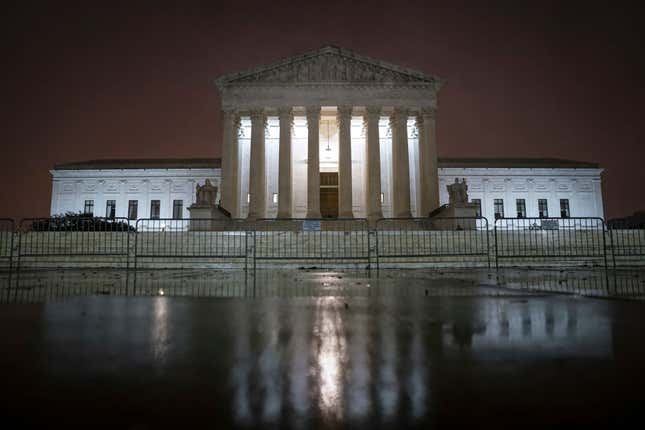
Days after Harvard submitted its brief to the Supreme Court defending its Affirmative Action admission policies, some of the biggest companies in the United States also voiced their support for the standard. ABC News reports that more than 80 companies, including Apple, Bayer, Verizon, General Electric, and Microsoft, are asking the high court to uphold the use of race as a factor for undergraduate admissions.
In the legal briefs filed on Monday, the companies outlined the argument that affirmative action is vital for building diverse workforces. Diverse student bodies yield pools of highly educated job candidates that can meet their business and customer needs.
“The government’s interest in promoting student-body diversity on university campuses remains compelling from a business perspective,” the companies wrote in an amicus, or friend-of-the-court, brief. “The interest in promoting student-body diversity at America’s universities has, if anything, grown in importance.”
They also provided data and research on how fast America’s makeup is diversifying and noted that “race-based diversity initiatives are about more than what many call a moral imperative and critical to their bottom lines.”
“If universities are not educating a diverse student body, then they are not educating many of the best,” they wrote, urging the court not to strike down affirmative action. “Today’s markets require capitalizing on the racial and other diversity among us … Those efforts, in turn, contribute to the broader health of our nation’s economy.”
In addition, 30 senior U.S. military officials also filed a brief asking the court to uphold affirmative action policies. Eight top U.S. science and technology companies, including DuPont and Gilead Sciences, highlighted the importance of racially diverse campuses for cultivating the best future innovators. Several civil rights organizations, such as the Anti-Defamation League and the ACLU, also filed a brief supporting affirmative action.
“If universities are not educating a diverse student body, then they are not educating many of the best,” they wrote, urging the court not to strike down affirmative action. “Today’s markets require capitalizing on the racial and other diversity among us … Those efforts, in turn, contribute to the broader health of our nation’s economy.”

